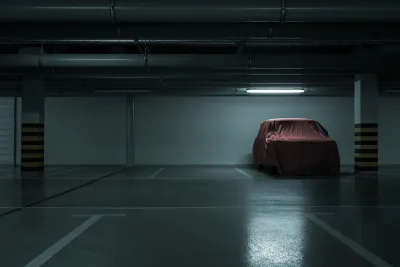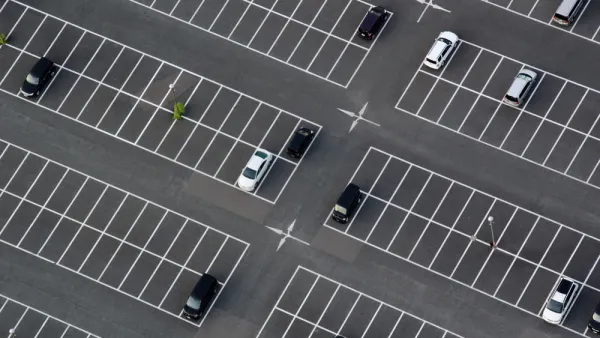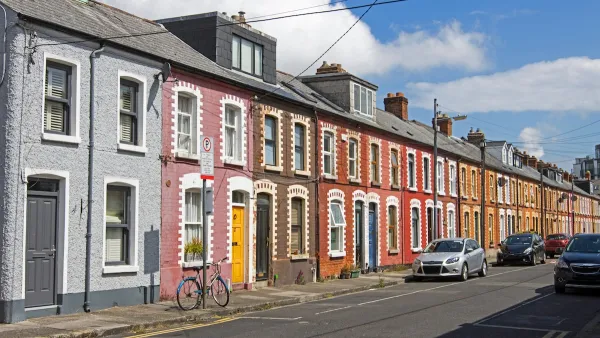After abolishing parking requirements, what can cities do to make the most of new space and revenue and avoid backlash?

In an opinion piece in Next City, Tony Jordan, president of the Parking Reform Network, ponders the next steps after the elimination of minimum parking requirements, a trend sweeping cities around the country.
This is a big break for cities, Jordan writes.
It’s not often that policymakers have an opportunity to make a simple change that simultaneously makes it easier to build abundant affordable housing, helps small businesses, encourages transit use, is rock-solid climate action, and actually saves the city money.
But Jordan argues that cities need to do more than just get rid of parking mandates. “Remove them and over time a few more apartments will be built at the expense of space for a few cars, but without further effort we might see little impact, or even worse, a backlash and the return of mandatory car storage.”
Jordan offers some suggestions for going beyond repealing minimums: “Cities should price their curbs to manage demand and spend the revenue on infrastructure and programs that improve safe, convenient, and equitable access to our communities for people traveling by any mode, not just in their cars.”
Jordan explains the value of curb space and how cities can leverage that value to improve safety for pedestrians and drivers, reduce vehicle miles driven, repurpose space for uses other than parking, and generate revenue.
FULL STORY: What Comes Next After Abolishing Parking Mandates?

Analysis: Cybertruck Fatality Rate Far Exceeds That of Ford Pinto
The Tesla Cybertruck was recalled seven times last year.

National Parks Layoffs Will Cause Communities to Lose Billions
Thousands of essential park workers were laid off this week, just before the busy spring break season.

Retro-silient?: America’s First “Eco-burb,” The Woodlands Turns 50
A master-planned community north of Houston offers lessons on green infrastructure and resilient design, but falls short of its founder’s lofty affordability and walkability goals.

Test News Post 1
This is a summary

Analysis: Cybertruck Fatality Rate Far Exceeds That of Ford Pinto
The Tesla Cybertruck was recalled seven times last year.

Test News Headline 46
Test for the image on the front page.
Urban Design for Planners 1: Software Tools
This six-course series explores essential urban design concepts using open source software and equips planners with the tools they need to participate fully in the urban design process.
Planning for Universal Design
Learn the tools for implementing Universal Design in planning regulations.
EMC Planning Group, Inc.
Planetizen
Planetizen
Mpact (formerly Rail~Volution)
Great Falls Development Authority, Inc.
HUDs Office of Policy Development and Research
NYU Wagner Graduate School of Public Service




























